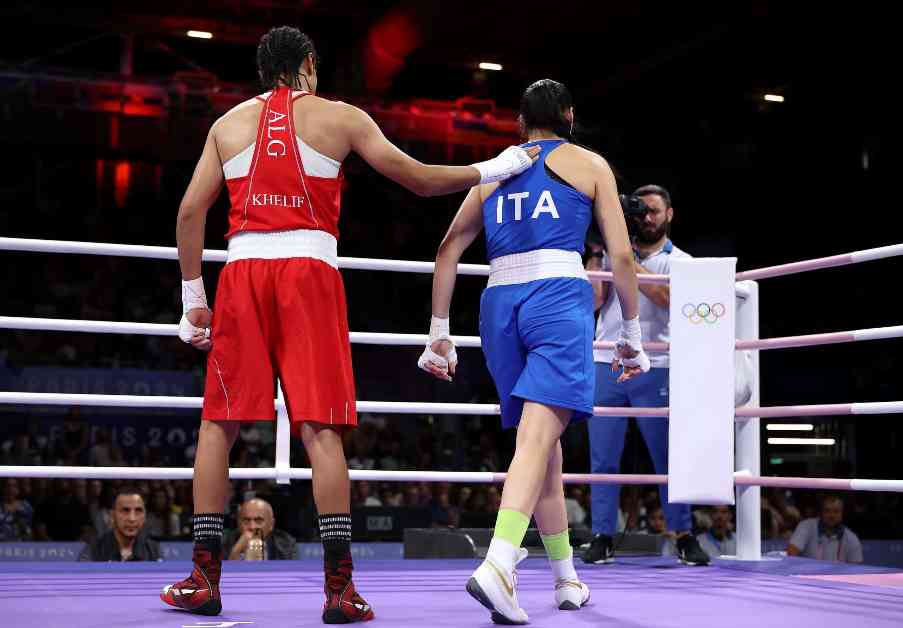Imane Khelif, the Olympic gold medalist, recently addressed the cyberbullying lawsuit she filed against JK Rowling and Elon Musk concerning comments made about her gender. Khelif, along with Taiwan boxer Lin Yu-ting, faced controversy during the Paris 2024 Olympics for competing despite failing eligibility tests and being banned by the IBA. The situation sparked a debate on social media, with notable figures like Donald Trump, JK Rowling, and Elon Musk weighing in on the matter.
Despite the scrutiny, both Khelif and Yu-ting managed to secure gold medals in their respective weight categories. The decision to allow them to compete was supported by IOC president Thomas Bach. However, the aftermath of the controversy led Khelif to take legal action in France against those who made derogatory comments about her gender online. Although specific individuals were not named as defendants, references were made to well-known personalities.
In an interview with El Birad, Khelif expressed the emotional toll the situation had on her. She revealed that the widespread criticism from prominent figures like politicians, athletes, and celebrities had a profound impact on her mental well-being. Khelif emphasised that she is known for her femininity, courage, and determination, and felt unjustly targeted by those who questioned her gender identity.
Khelif clarified that she is not a transgender woman but reportedly has male ‘XY chromosomes’. In France, cyberbullying and online hate speech can have serious legal consequences, including prison sentences and hefty fines. Perpetrators of online hate speech could face fines ranging from £64,000 to £214,000, highlighting the importance of responsible online behaviour.
The situation surrounding Khelif’s lawsuit sheds light on the intersection of sports, politics, and gender identity. It underscores the need for respectful discourse and the protection of individuals from cyberbullying and online harassment. As the legal proceedings unfold, it will be interesting to see how the case sets a precedent for addressing online hate speech and safeguarding the rights of individuals in the digital age.












